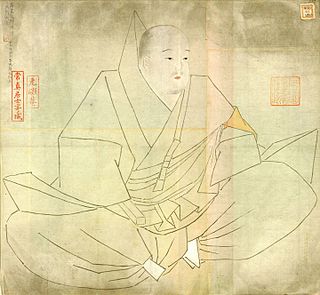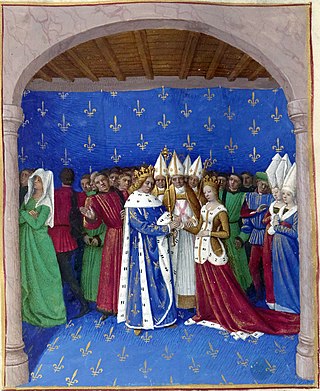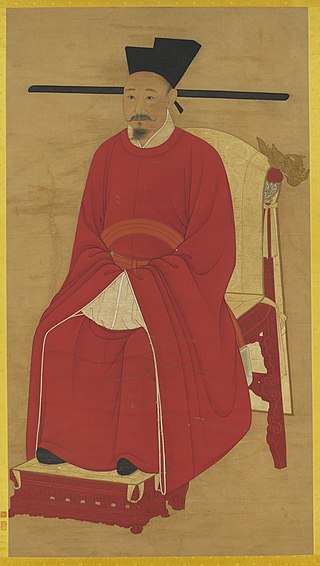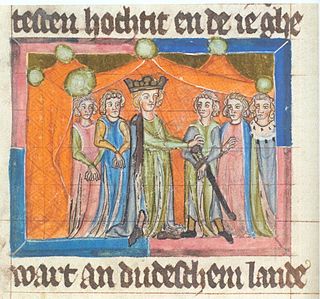The 1160s was a decade of the Julian Calendar which began on January 1, 1160, and ended on December 31, 1169.
The 1150s was a decade of the Julian Calendar which began on January 1, 1150, and ended on December 31, 1159.
The 1070s was a decade of the Julian Calendar which began on January 1, 1070, and ended on December 31, 1079.
The 1120s was a decade of the Julian Calendar which began on January 1, 1120, and ended on December 31, 1129.

Year 1156 (MCLVI) was a leap year starting on Sunday of the Julian calendar.

Year 1179 (MCLXXIX) was a common year starting on Monday of the Julian calendar.
The 1180s was a decade of the Julian Calendar which began on January 1, 1180, and ended on December 31, 1189.
The 1190s was a decade of the Julian calendar which began on January 1, 1190, and ended on December 31, 1199.
The 1080s was a decade of the Julian Calendar which began on January 1, 1080, and ended on December 31, 1089.

Year 1129 (MCXXIX) was a common year starting on Tuesday of the Julian calendar.

Year 1322 (MCCCXXII) was a common year starting on Friday of the Julian calendar.

Year 1180 (MCLXXX) was a leap year starting on Tuesday of the Julian calendar.
The 1230s was a decade of the Julian Calendar which began on January 1, 1230, and ended on December 31, 1239.

Year 1155 (MCLV) was a common year starting on Saturday of the Julian calendar.

Year 1165 (MCLXV) was a common year starting on Friday of the Julian calendar.

Year 1190 (MCXC) was a common year starting on Monday of the Julian calendar.

Year 1162 (MCLXII) was a common year starting on Monday of the Julian calendar.

Year 1160 (MCLX) was a leap year starting on Friday of the Julian calendar.

Year 1184 (MCLXXXIV) was a leap year starting on Sunday of the Julian calendar.

Year 1185 (MCLXXXV) was a common year starting on Tuesday of the Julian calendar.












